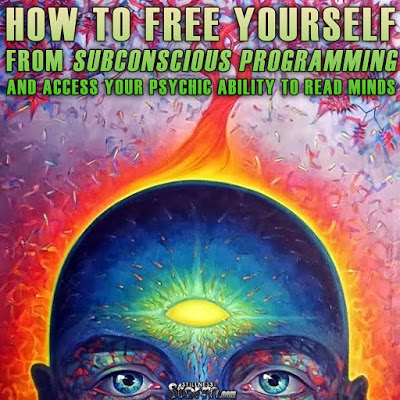by Arjun Walia
Researchers in Switzerland have devised an experiment that would allow humans to directly perceive quantum entanglement for the very first time. Quantum entanglement occurs when two particles, at the quantum scale, interact in a way in which they become linked, demonstrating that ‘space’ might just be the construct that gives the illusion of seperation between two physical objects. That being said, the behaviour of particles at the quantum scale does not mimic the behaviour of physical systems that are much larger.
If we think in terms of a cosmic scale explanation, two electrons created together are entangled; if we send one to the other side of the universe and then do something to one of them, like spin it, the other will mimic the behaviour instantaneously. This means either that information is travelling faster than the speed of light, or, again, that the vast distance we perceive between objects really doesn’t exist at all.
Quantum entanglement has been verified, meaning that physicists can entangle light particles in a laboratory setting, but the researchers from Switzerland want to take it one step further. As ScienceAlert reports, “The premise is that the human eye is basically a photon detector, so, in theory, we should be able to replace the photon detecter in an entanglement detecting experiment with a human eye, and use people to observe the process instead.”


















